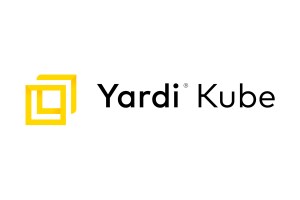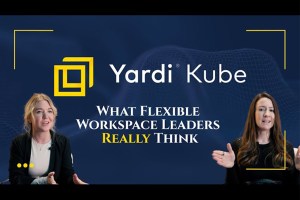Discovering How Technology Supports Wellbeing at FlexSA 2022
Post pandemic, we have seen an increase in the demand for flexible working and as businesses return to the office, technology plays a fundamental role in supporting the hybrid working model. Facilitating this infrastructure adheres to consumer demand and sets precedent for good health and wellbeing.
At the recent FlexSA conference, Yardi’s regional director, Justin Harley, spoke with Celia Donne from IWG and Laura Shields from Uncommon, on the impact that technology is having on the health and wellbeing of their stakeholders.
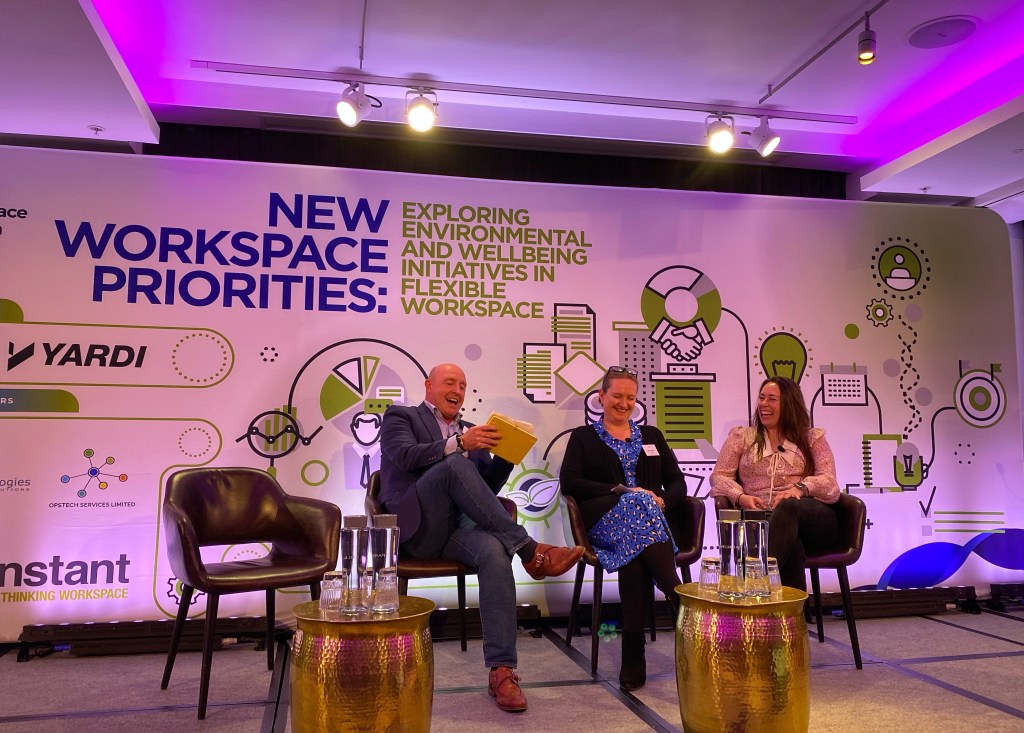
Stress-free technology
Harley opened the discussion by asking the panel their initial thoughts on how they believe technology affects the wellbeing of stakeholders in their flexible workspaces.
“Technology plays a big part in what our clients desire,” said Shields. “By providing it, we streamline the tenant journey and see happier clients who do not have to incur stressful drawn-out processes.”
But both Donne and Shields continued by stipulating an overriding point that, for technology to be successful, it needs to be as stress-free as possible.
“It must exist to create a seamless tenant journey, nothing less,” added Donne.
Whilst implementing technology is indicative to the success of flex space providers, doing so in the right way is fundamental. The panel raised concerns over providers in the sector still utilising multiple systems to facilitate their operations – from the initial onboarding process to booking office space and access control. This has the potential to create a fragmented member experience, diminishing the purpose of technology.
“Operators should try and implement one system for their operations from the start,” said Donne. “In doing so, you provide one platform that’s centric to all data.”
A single connected solution, such as Yardi Kube, allows operators to market their space, manage members, build communities, streamline bookings, automate billing, provide Wi-Fi and master accounting – all from one place. It is essential in providing a seamless experience for all users including clients, staff, investors and owners.
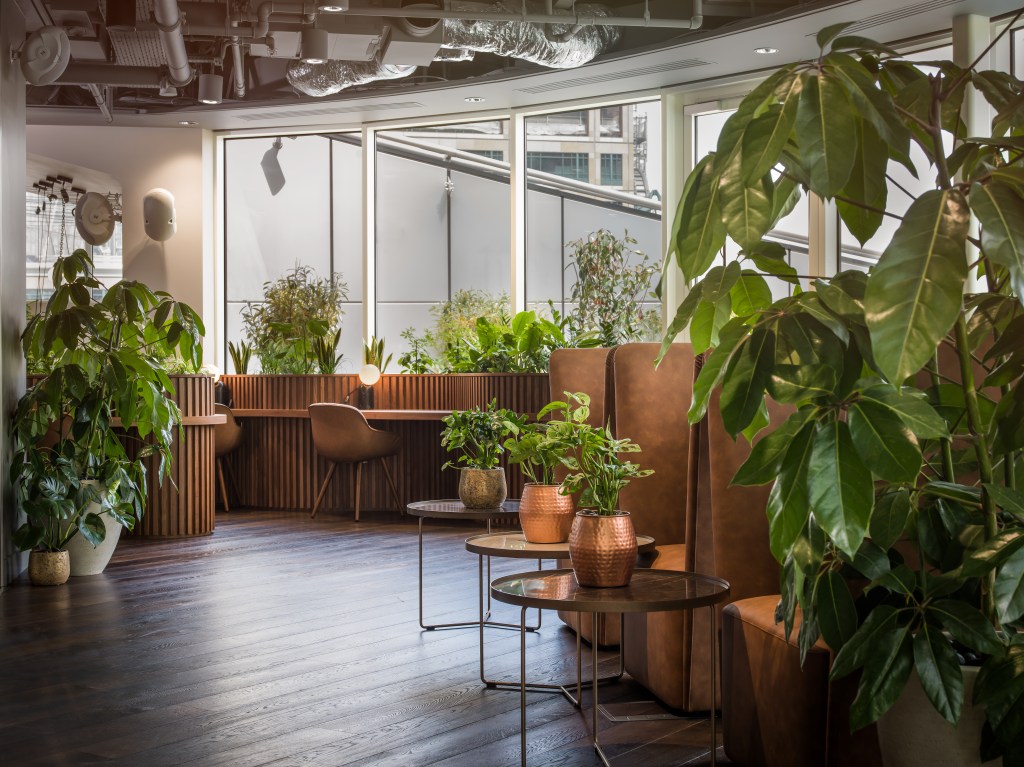
Transparency with your teams
During the initial onboarding of operations to one system, the vision must resonate from the top-down.
“Our CEO has always been at the forefront of innovation, but it’s about inclusion and diversity for all involved,” said Shields.
Creating a good line of communication throughout the organisation and getting all stakeholders involved, including clients, alleviates the potential challenges faced with getting everyone engaged in the process.
Take this into consideration when the use of multiple systems is already permeant within an organisation and a transition to one system is made. It’s not an unknown fact that many people don’t like change, therefore providing transparency, reasoning and training for clients and staff is imperative.
Once done right, technology is a great investment for your flexible workspace.
The power of a mobile app
As a knowledgeable software provider, Harley shared his view with the panel that, “Having an app is a hygiene factor of flexible workspace,” stressing the importance of implementing one as part of your strategy.
Shields agreed with this statement as Uncommon utilises a member app already.
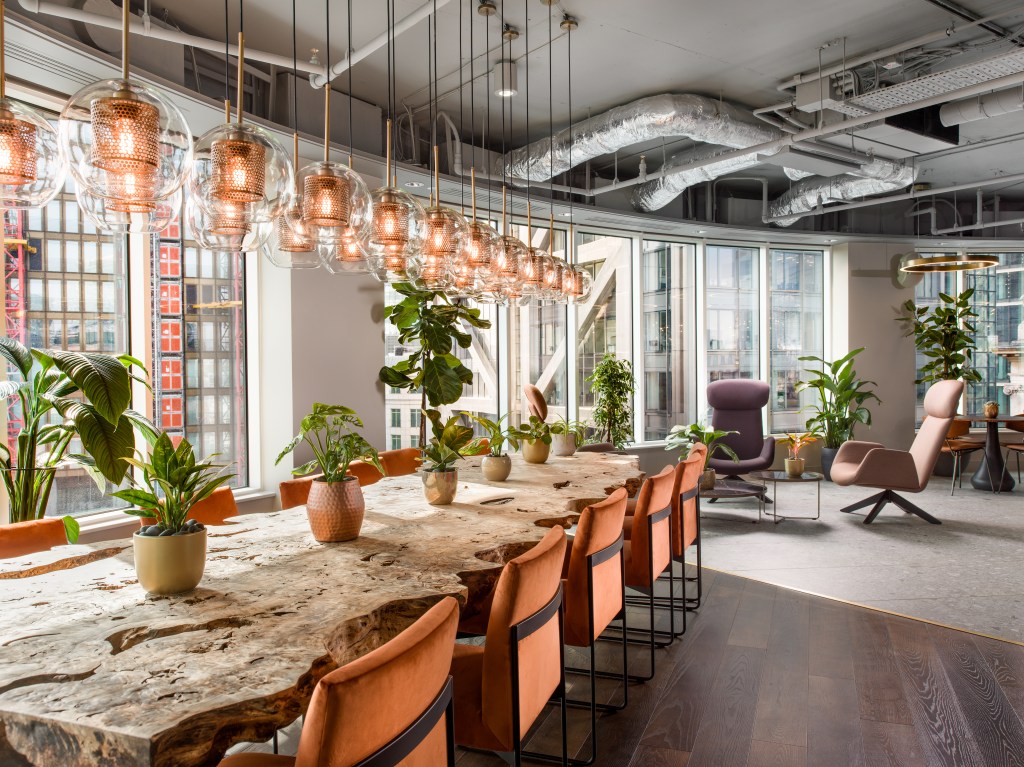
“Having an app makes for a seamless, stress-free experience for our members. It’s great in many areas, but particularly with accessibility and booking availability in the workspace.”
Donne agreed and added, “The app is a great tool for members to have 24/7 access to their account. It puts members in control of their own space management, from anywhere.”
Despite the benefits, a low number of the panel audience claimed to use an app as part of their operations when questioned by Harley. Most workers have smartphones and use multiple apps daily, which is why flexible workspace providers need to start using tenant apps to create a seamless user experience. They provide better accessibility, free up your reception and security and allow for better knowledge of availability within flex spaces.
Technology vs People
The World Economic Forum expects artificial intelligence to replace 85 million jobs worldwide by 2025. Justin asked the panel their take on this statement.
“Technology doesn’t exist to replace humans in our organisation, it’s about freeing up their time so they can be the best they can be for our customers,” said Donne.
The use of technology can alleviate the pressures of lengthy admin tasks and instead allows flex space operators the time to spend on the things that matter – such as their clients and business scalability.
Furthermore, with larger-scale opportunities comes more demand from investors, making technology crucial for flexible workspace providers evolving their operations.

Utilise a single connected solution
There is a lot to consider when thinking about the impact technology can have on health and wellbeing in the flexible working sector. However, having a single connected solution that is centric to all data, is one factor that remains dominant in ensuring technology has a positive impact.
Yardi’s purposely designed coworking platform, Yardi Kube, allows you to automate your space with an all-in-one flexible workspace management platform. You can easily manage prospects, members and operations and simplify daily operations with an end-to-end solution for coworking locations and flexible workspaces.
See how Yardi Kube can help improve efficiency and scalability within your flexible workspace.

